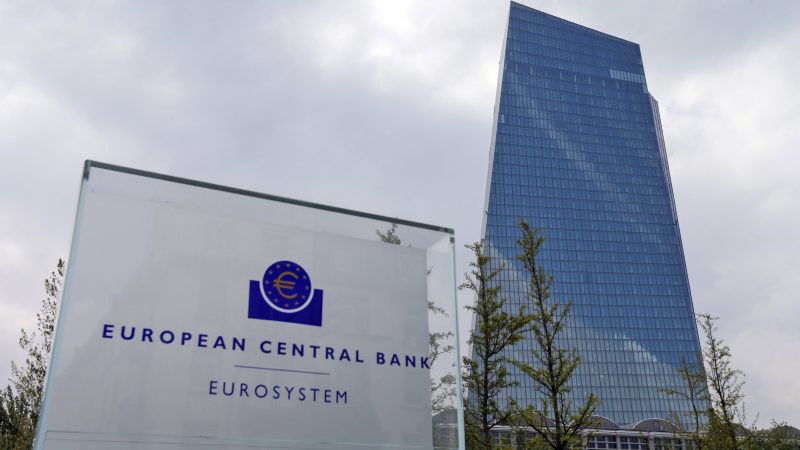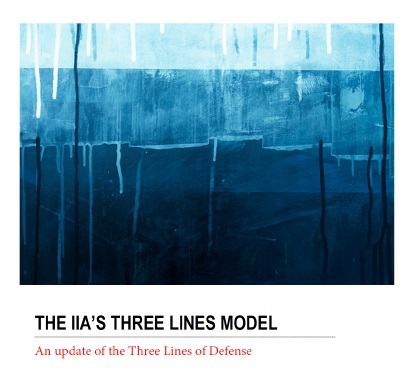The Financial Stability Board (FSB) recently published a stocktake of financial authorities’ experience in including climate-related risks in financial stability monitoring. It draws on information provided by FSB member national authorities, international bodies and a workshop with the private sector. The stocktake finds that financial authorities vary in terms of whether – and to what degree – they consider climate-related risks as part of their financial stability monitoring. Continue reading…
The message is clear: organisations must be held accountable for their social and environmental footprint. Therefore, it’s inevitable that speaking up becomes the next social…
Download whitepaper










